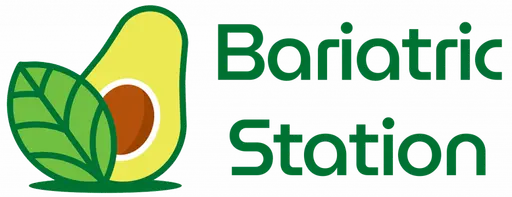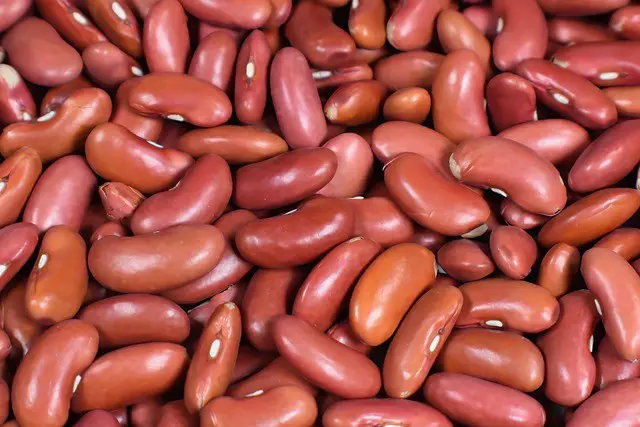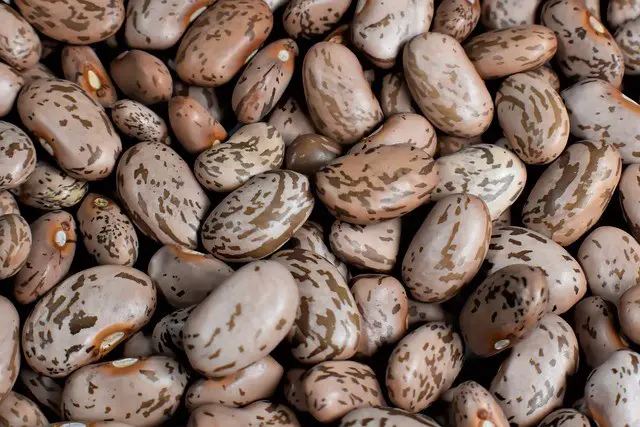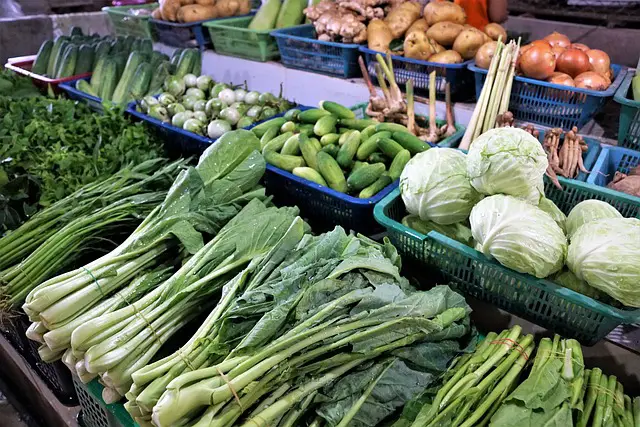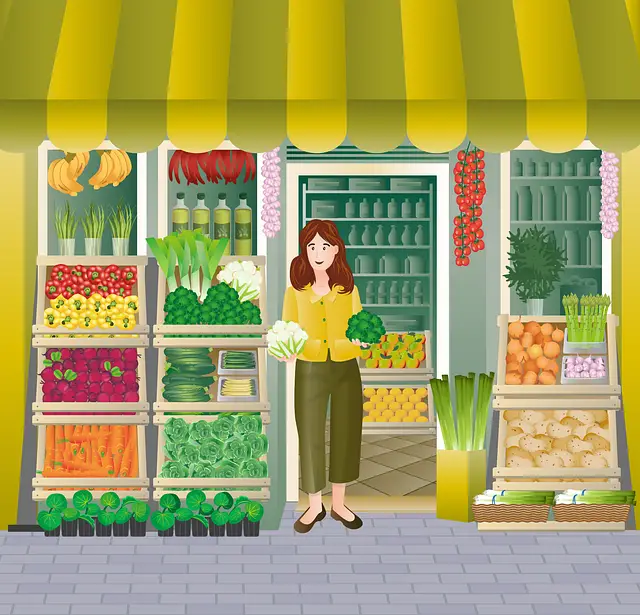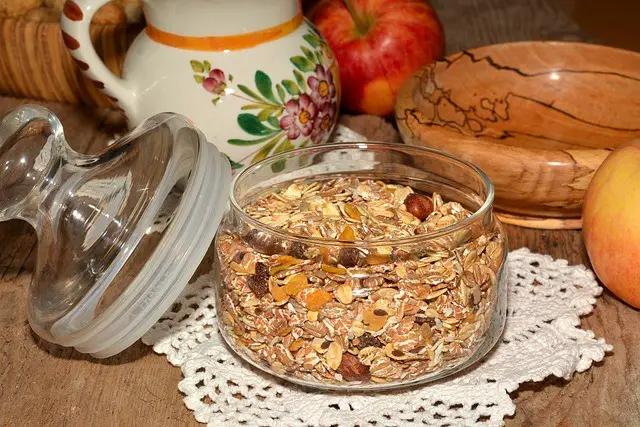Knowing the carb content of foods while on the ketogenic diet will ensure you stay within your carb limit. The keto diet has a carb limit of 20-50 g per day. This is to promote fat burning through ketosis, a process that metabolizes fats to produce ketones for energy.
Most keto foods have a low carb content, to reduce your blood sugar which will trigger ketosis. Foods allowed on keto that will help you stay within the carb limit include non-starchy vegetables, nuts and seeds, high-fat dairy products, fatty fish, seafood, and lean protein foods. All these foods are high in healthy fats and have fewer carbs, which makes them the perfect fit for a keto diet.
When you choose to eat healthier, you are advised to consume high-fiber foods, protein food, and those that are rich in healthy fats. On low-carb diets, most foods that qualify as healthy are restricted because of their net carbs. Most plant-based proteins and carbohydrates are not allowed on low-carb diets.
Whole grains like white bread and whole bread are not considered keto-friendly. Other foods from the legume family are high in protein and consuming them would have numerous health benefits. However, these foods have a high carbohydrate content and may not be appropriate for keto dieters.
One of the most popular legumes are beans and we will be focusing on them in this article. We will look at the carbohydrate content of this plant-based food, the benefits of consuming them, and the types of beans you can consume on a low-carb diet. Is beans carbs? Let’s find out!
Is Beans Carbs?
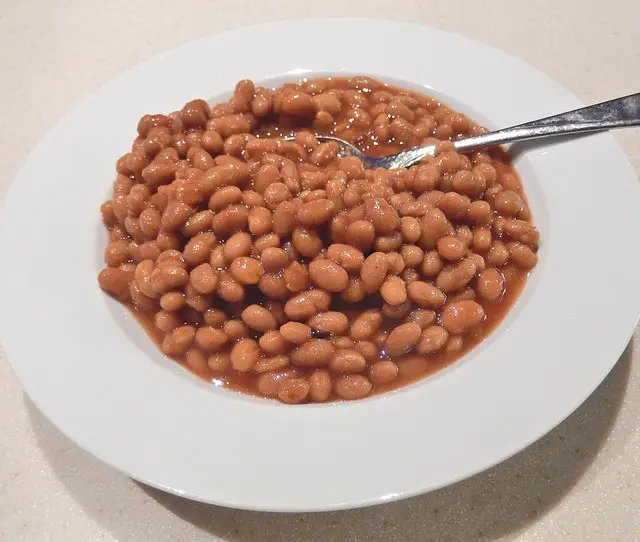
The net carbs of beans depend on the types of beans. Generally, they are high in total carbs so it may be difficult to incorporate them into a low-carb diet. Net carbs refer to the number of digestible carbs in a food, which you will get from subtracting dietary fiber from the total carbs consumed.
What are the carb counts of the most popular types of beans per serving of cooked?
Carbohydrate Content of Various Types of Beans
- Navy beans: 26 g of total carbs, 10.5 g of fiber, and 15.5 g of net carbs
- Black beans: 23.7 g of total carbs, 8.7 g of fiber, and 15 g of net carbs
- Kidney beans: 22.8 g of total carbs, 7.4 g of fiber, and 15.4 g of net carbs
- Green beans: 6.41 g of total carbs, 3.4 g of fiber, and 3 g of net carbs
- Chickpeas: 63 g of total carbs, 12.2 g of fiber, and 50.8 g of net carbs
- Lima beans: 63.4 g of total carbs, 19 g of fiber, and 44.4 g of net carbs
- Pinto beans: 26.2 g of total carbs, 9 g of fiber, and 17.2 g of net carbs
- Mung beans: 62.6 g of total carbs, 16.3 g of fiber, and 46.3 g of net carbs
- Lentils: 63.4 g of total carbs, 10.7 g of fiber, and 52.7 g of net carbs
- Great Nothern beans: 21.1 g of total carbs, 7 g of fiber, and 14.1 g of net carbs
These are the carbohydrate content of various types of beans in 100 g serving sizes.
Is Beans Protein or Carbohydrate Food?
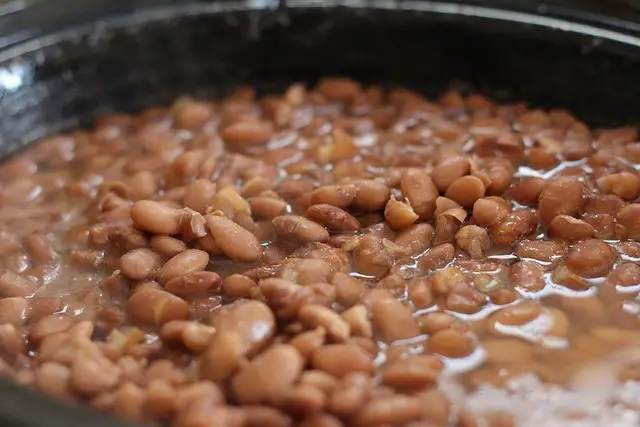
Protein foods provide the body with amino acids that are needed for normal body function. You get amino acids from your diet. Animal protein food provides the body with all the essential amino acids, while plant-based ones only give some of the essential amino acids.
Beans and Proteins
Beans are great protein sources. Let’s take a look at the protein content of the mentioned beans to see if they are good protein sources.
- Navy beans: 8.23 grams of protein
- Black beans: 8.86 grams of protein
- Kidney beans: 8.67 grams of protein
- Green beans: 2.31 g of protein
- Chickpeas: 20.5 g of protein
- Lima beans: 21.5 g of protein
- Pinto beans: 9.01 g of protein
- Mung beans: 23.9 g of protein
- Lentils: 24.6 g of protein
- Great Nothern beans: 8.33 g of protein
Beans are high in protein with 20-25% of their weight being these macros. They contain 2-3 times more protein than carbohydrate foods which classifies them as good protein sources. People will argue that beans are high in fiber and starch posing the question, is beans carbs?
Beans and Fiber
You will get twice as much fiber from beans from the same amount of whole grains. Eating beans will provide you with a generous amount of insoluble and soluble fiber to keep your gut healthy.
Insoluble fiber protects your digestive system and soluble fiber improves your lipid profile by regulating serum cholesterol levels. Your dietary fiber does not contribute to your carb intake on a low-carb diet.
Beans and Starch
The net carbs in beans are high and that is why they are not allowed in a low-carb diet. But, is beans carbs? The total carbs in dry beans are comprised of 65-72% of complex carbohydrates. Starch makes up 75% of the complex carbs and 10%-20% is dietary fiber.
Most of the starch in beans is resistant starch, the kind that is not digested in the small intestine. This type passes to the small intestine and is used as food for the good bacteria in the gut. Resistant starches are good sources of short-chain fatty acids (SCFA) that help promote the health of colonic cells.
Dry legumes like beans contain 20%-30% resistant starch by weight, meaning almost half of the starch in them is not digestible, explaining why they are not classified as a carbohydrate source.
Beans and Fat
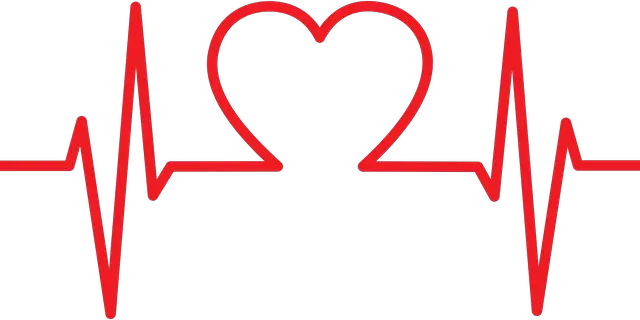
Since the ketogenic diet is a low-carb, high-fat diet, it is important to focus on the fat content of this food. These plant foods are low-fat. Combining high fiber and low fat can help lower high cholesterol. A good lipid profile can help lower the risk of high blood pressure, and heart disease.
However, the high-carb, low-fat content of beans is what disqualifies them as keto friendly.
Do Beans Raise Your Blood Sugar?
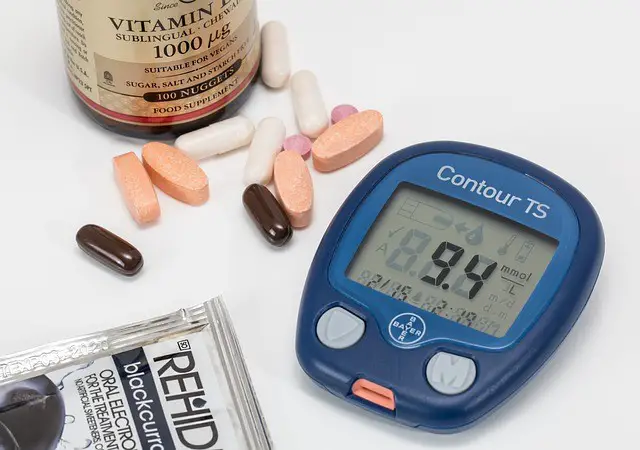
Beans are low glycemic index foods. They have a glycemic index ranging from 27% to 42% relative to glucose. Beans contain nutrients that can help with blood sugar regulation. Beans are high-fiber foods that slow down digestion and release of glucose which slows down the release of glucose into the bloodstream.
In addition to high fiber, it also contains resistant starches that escape digestion on eating, meaning fewer sugars are released into the bloodstream. Low glucose levels lead to lower production of insulin.
Resistant starches also act as dietary fibers which help reduce the caloric density of foods. Moreover, resistant starches increase satiety reducing food intake that can help manage blood sugar. Eating dried beans will cause a small spike in blood glucose compared to other foods that are high in carbs.
Beans are also a great source of protein. These nutrients are the best macro for providing satiety and reducing hunger. Reducing the food we eat can assist with regulating blood glucose.
What are the Benefits of Eating Beans?
Beans contain important nutrients that can help promote the overall health of the body. They include:
Good Source of Fiber
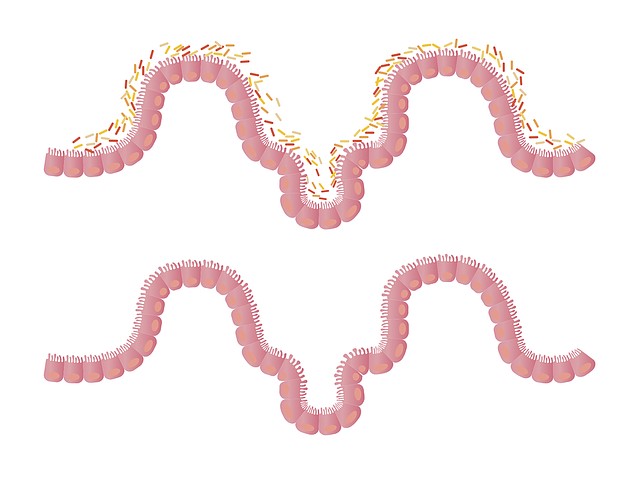
Fiber is food for the good bacteria in your gut. As mentioned earlier soluble fiber helps regulate blood lipids and insoluble ones promote gut health.
Help With Digestion
Soluble fiber dissolves in water forming a gel that lines your intestines and slows down digestion. Insoluble fiber bulks your stool by absorbing water which eases bowel movements eliminating waste quicker.
Weight Loss
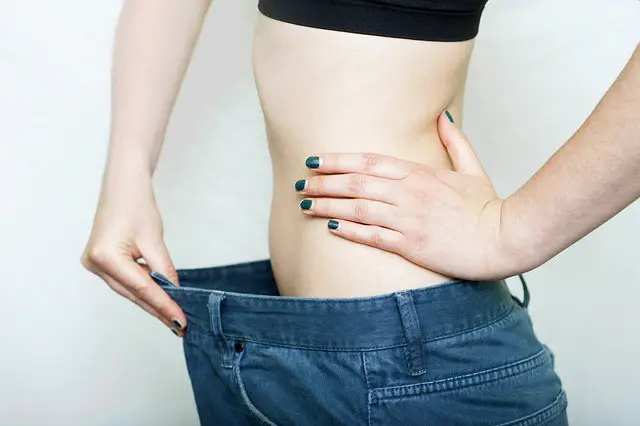
Being a low glycemic index food, beans reduce blood glucose spikes. Regulating blood sugar will reduce cravings and overeating which can help with weight management. Another reason is fiber! Increasing satiety reduces snacking, which will lower food intake leading to weight loss.
Eating beans can also help lower the risk of diabetes, treat neurodegenerative diseases like Parkinson’s disease, and promote heart health by regulating serum cholesterol levels.
Beans are not carbs, but neither are they low carb. Despite this, some beans are low-carb compared to other varieties which can allow you to enjoy these low-cost legumes.
Low-Carb Beans to Eat on Keto
Some of the low-carb beans you can incorporate into your keto diet include:
Green Beans
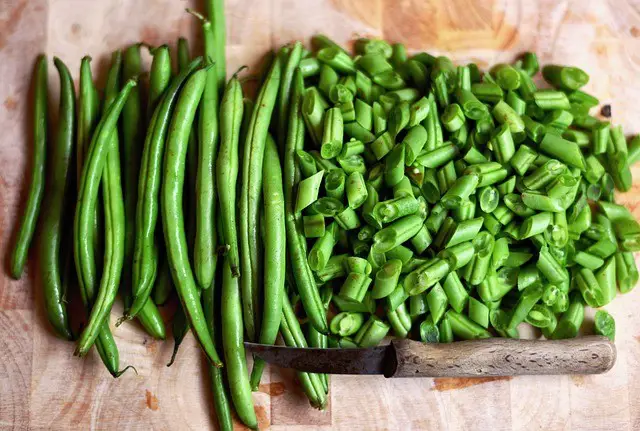
Green beans are low in both total and net carbohydrates and can be incorporated into a strict keto diet. Most people eat green beans as vegetables rather than beans. You can add your cooked beans to your keto salad with bell peppers, onions, tomatoes, and a dash of lemon juice for flavor.
Black soybeans
One-half cup of black soybeans contains 8 g of total carbohydrates, with 7 g of them being fiber. Most people are skeptical about soy and soy products because of the controversies behind this food like hormonal imbalances.
Otherwise, these beans are okay on a low-carb diet due to the low total and net carbohydrates they contain.
You can incorporate most beans into less strict ketogenic diets. Beans would be okay on a high-protein ketogenic diet if consumed in small portions to stay within carb limits. Use them as a side dish rather than a main dish to reduce intake. Don’t forget to dress your salads or cook stir fries with beans with healthy fats like olive oil to increase the fat content of food.
Lentils and the other varieties can be incorporated into a targeted ketogenic diet that allows you to add carbohydrates to your workout. You will use all the carbohydrates from beans to fuel your exercise, triggering your body into ketosis. Most importantly, you will get the proteins you need for muscle building.
Keto-Friendly Substitutes for Beans
For thicker foods like soup, these are keto-friendly ingredients that can substitute beans in your keto recipes.
- Mushrooms
- Ground meats
- Eggplants
- Avocado
- Boiled Peanuts
Are Canned Beans Healthy?
Canned beans contain fiber, protein, and other nutrients similar to dried beans. The only issue is they may have too much salt which can be bad for your heart. In addition, these beans may contain added sugars for flavor which could increase your carb count. Read your food labels to check the ingredients used to make your foods and how they can affect your carb intake and overall health.
Final Thoughts
Beans are high in carbs and are not keto-friendly. Although, small portions of these foods can be incorporated into less restrictive types of the keto diet. Green beans and black soybeans are low in carbs compared to other varieties and can be included in your keto diet. For more restrictive keto diets, consider substitutes like mushrooms and eggplants.
Did this article help you answer your question? Drop any other questions you might have on beans and eating keto in the comments below!
